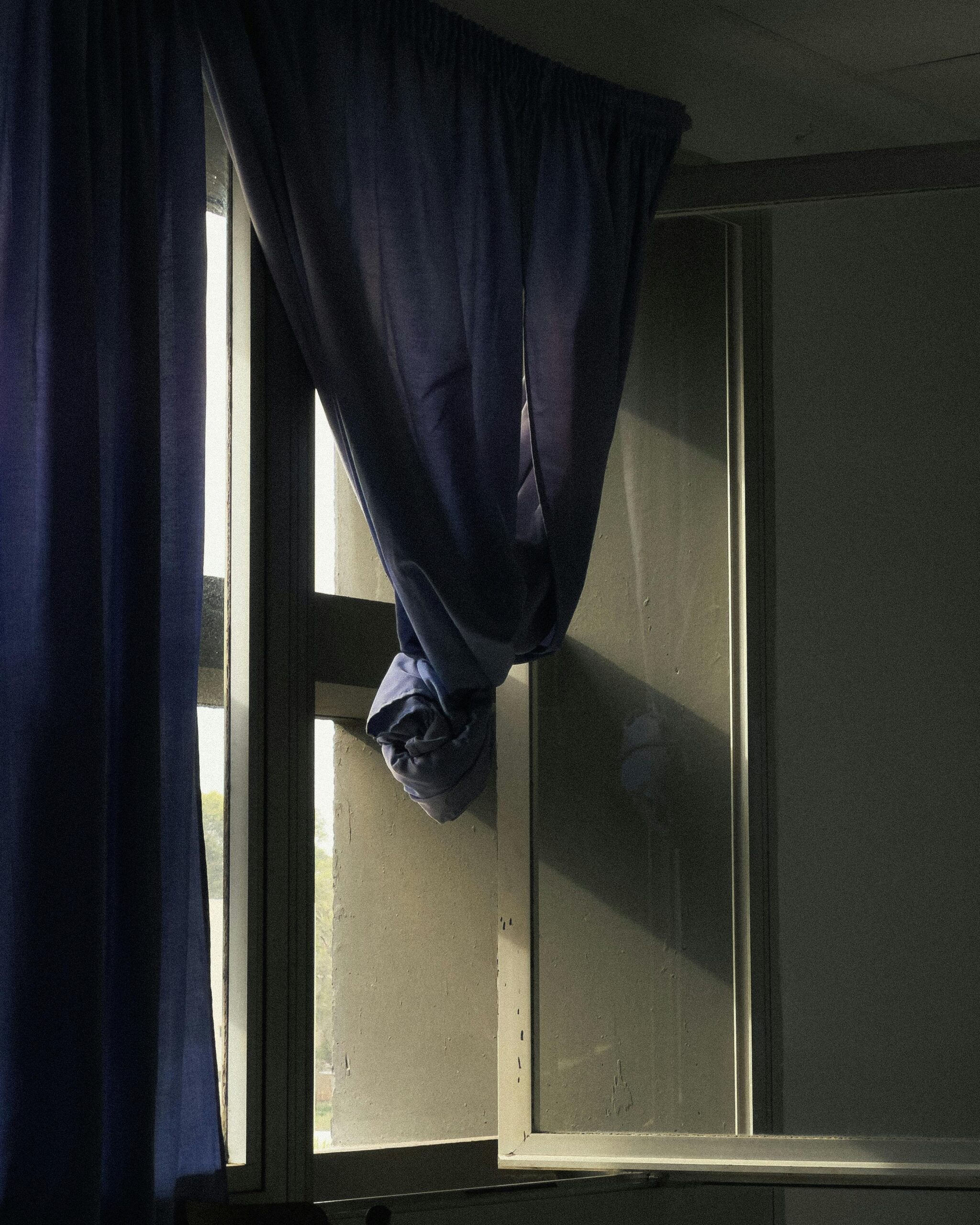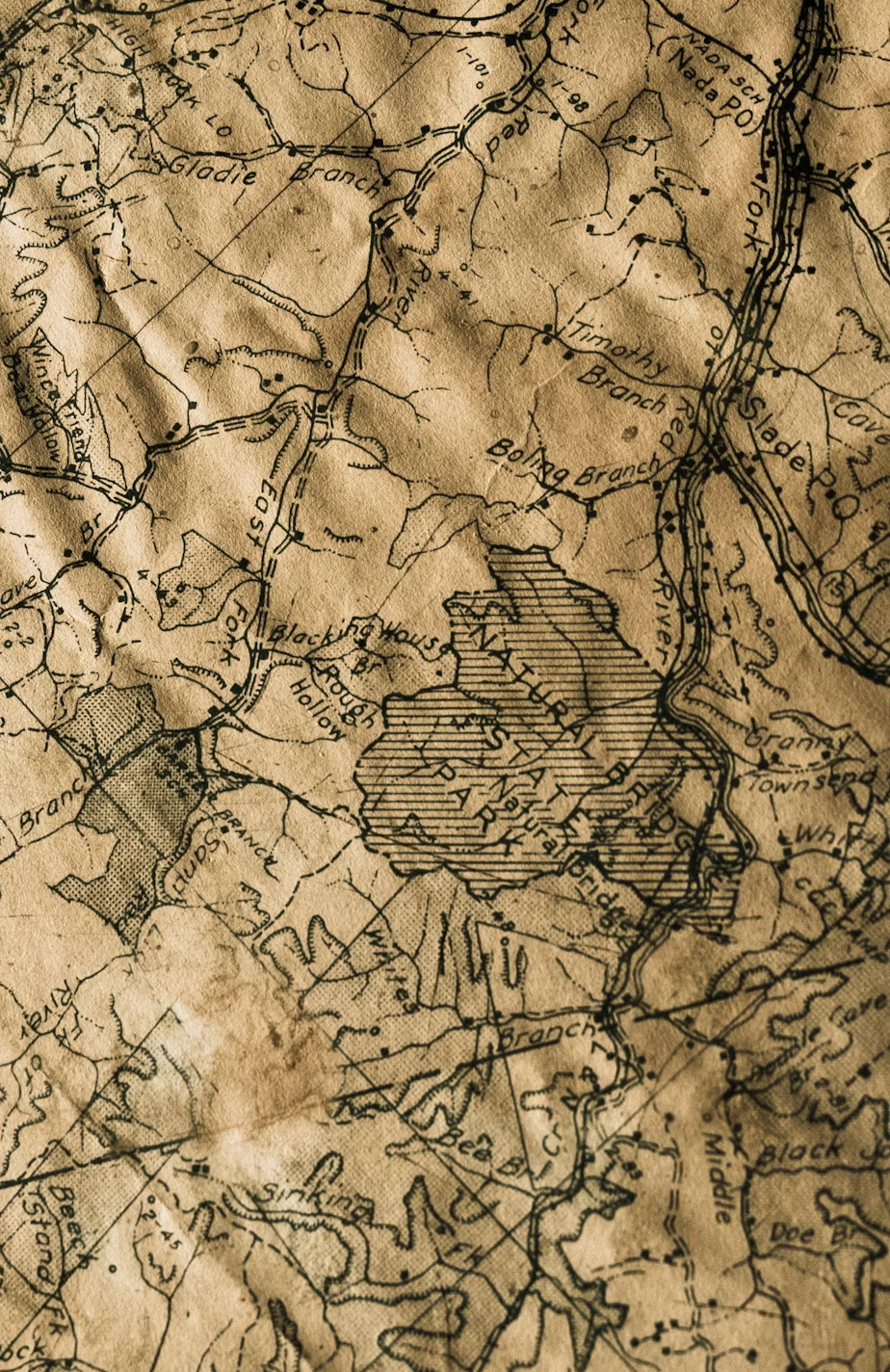By ERICA DAWSON
and hypersexual and drunk and, how
should I say, easy, when we share a kiss
inside the cab or when I take my shirt
off in your office, when I tell you I
don’t mind the wife, girlfriend, partner, or when
you say oh god you feel different, I thank
you. Made me think I was special. We all
need some sense of our worth even if we,
right now, believe, though we do not know God,
the Holy Spirit calls us by our name,
says, Erica means honorable ruler,
tremendous voice sounding like Angelou
or Morrison, though both, no doubt, would want
no part of this. The Spirit and I flaunt
our airs, all arrogant and well-to-do
attitude, and you soak it up. Cooler
than other girls, you say. I take the blame
when it’s over, the sun up on the quad
or in the motel window, prosody
already on my mind. You’re under all
the covers of an alibi, still blank-
faced drunk. Round two? You’re Mary Magdalene
ready to wash my feet. I don’t know why
I need Jesus. Why I need you. To hurt
is human. Or vice versa. Yes. For this
they’ll take my Black card. Stay in, k? Come. Now.
Erica Dawson is the author of three books of poetry, most recently When Rap Spoke Straight to God. Her poems have appeared in The Best American Poetry, Orion, Revel, The Believer, Virginia Quarterly Review, and other journals and anthologies. She lives in the Baltimore-DC area.




